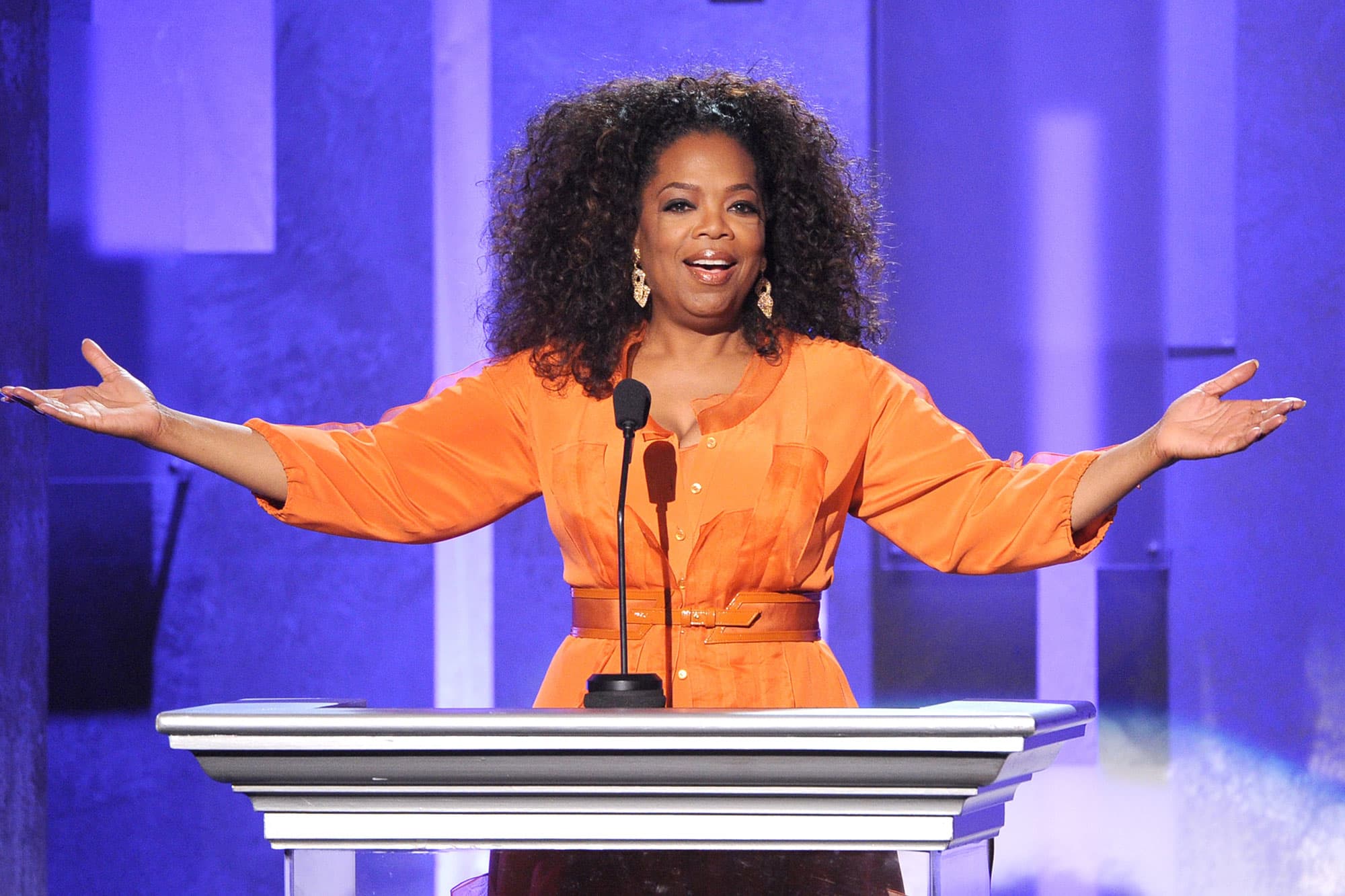The recent situation in Maui, where devastating wildfires have ravaged the land, has sparked significant controversy and outrage. The fires have not only destroyed homes and claimed lives but have also triggered a battle over the future of the land. As the community grapples with the aftermath, both public and private entities are eyeing the fire-ravaged land for their purposes, leading to widespread concern and anger among the residents.

Joe Rogan, a well-known media personality, has voiced strong opposition to what he perceives as an opportunistic land grab by elites and the government. Rogan’s concerns echo the fears of many Maui residents, particularly those in Lahaina, who worry that their ancestral lands might be taken from them in their most vulnerable moment. The idea of the state taking over the land to build workforce housing or a memorial for those who lost their lives has been met with resistance, as it is seen as a morally questionable move during a time of immense suffering.
Tulsi Gabbard, a former U.S. Representative for Hawaii, has also weighed in on the matter, appearing on Rogan’s podcast to discuss the response to the wildfires. Gabbard confirmed Rogan’s suspicions that there were attempts to take land away from Maui residents. She criticized the government’s response, pointing out that while the state was looking to take over land, they were offering minimal financial assistance to those affected. In a state where the cost of living is already high, the $700 payment from the Biden administration was seen as inadequate and insulting.
The controversy does not end with the government. Wealthy real estate investors and developers are also reportedly making unsolicited offers to buy land from residents whose homes were destroyed by the fires. These offers have been labeled as predatory, taking advantage of the desperation and vulnerability of those who have lost everything. The situation has become so concerning that local authorities have stepped in to warn residents about these offers and protect them from being exploited.

One notable figure in this controversy is Oprah Winfrey, who owns a significant amount of land in Maui. Winfrey has recently purchased more agricultural land, adding to her already substantial holdings on the island. This has led to public frustration, as many question why the government does not utilize some of her land for the proposed projects instead of attempting to take land from local residents. The contrast between the treatment of wealthy landowners like Winfrey and the locals who have lived in Maui for generations has fueled the perception of injustice.
The public outcry has been significant, with many Maui residents and supporters taking to social media to voice their opposition to what they see as a blatant land grab. The sentiment is clear: Maui belongs to its people, and they will fight to protect their heritage, homes, and way of life. The idea of losing not only their loved ones and homes but also their land in the wake of a tragedy is too much for many to bear.
This situation has highlighted the deep divisions between the wealthy elites and the local communities in Maui. The residents’ fight to keep their land is not just about property; it is about preserving their identity, culture, and history. As the battle over Maui’s future continues, the resilience and determination of its people serve as a powerful reminder that the island’s true value lies in its community, not in the land itself.
In conclusion, the ongoing struggle in Maui is a complex and emotionally charged issue that has drawn attention to the actions of both the government and private entities in the aftermath of a tragedy. The residents of Maui, supported by voices like Joe Rogan and Tulsi Gabbard, are standing firm in their fight to protect their land and their way of life. This situation serves as a stark reminder of the need for empathy, fairness, and justice in times of crisis.